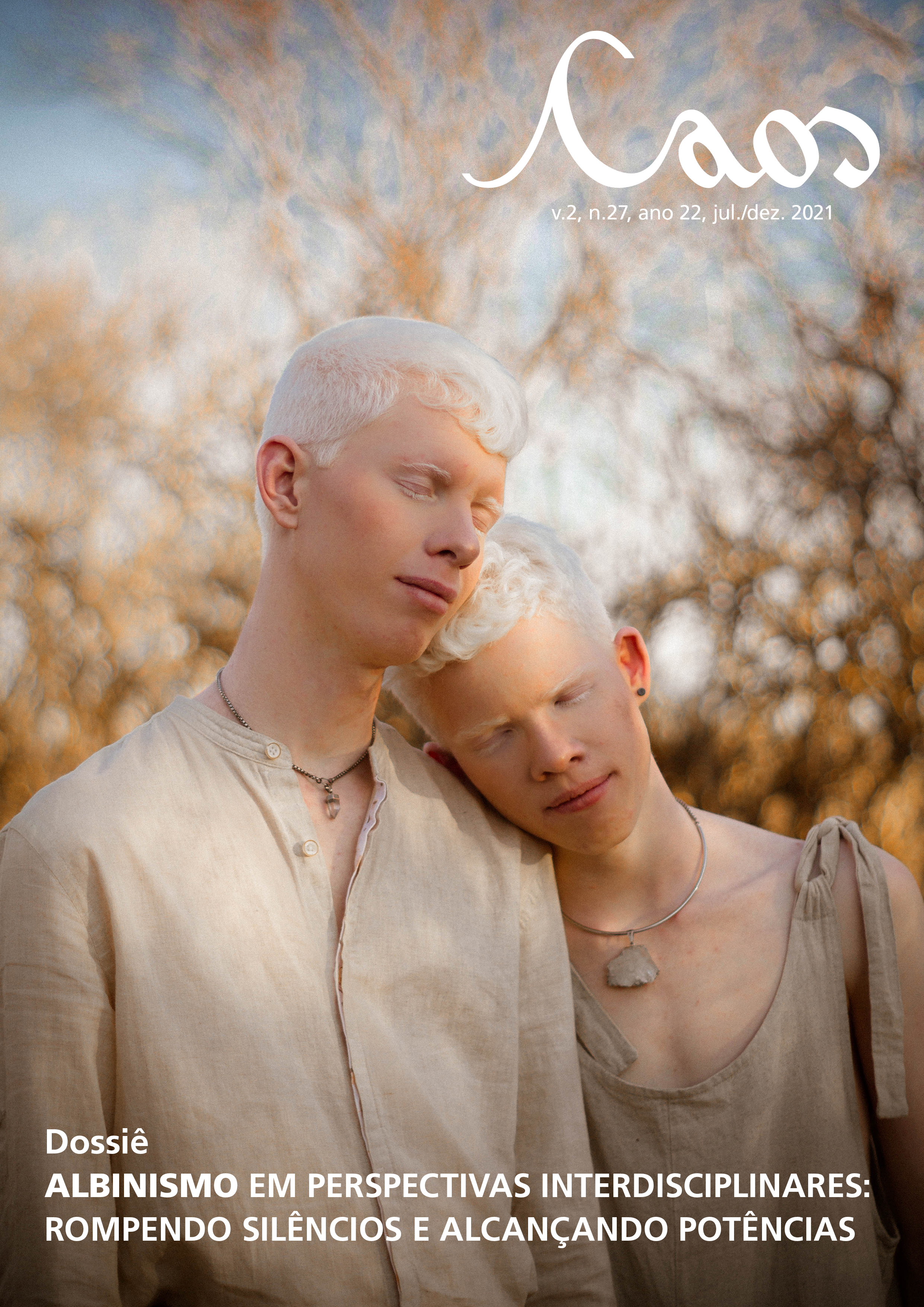DEFENCE OF THE RIGHTS OF PEOPLE WITH ALBINISM: a study conducted in APALBA
DOI:
https://doi.org/10.46906/caos.n27.60207.p46-66Keywords:
albinism, citizenship, human rights, public policeAbstract
This article proposes an approach to the performance, difficulties and challenges present in the experience of the Association of People with Albinism in Bahia (APALBA), a civil society entity, a pioneer in the defense of the rights of people with albinism, which throughout its history has significantly contributed to raising self-esteem and improving the quality of life of its target audience, through the achievement of public actions for social inclusion. It also aims to narrate how the entity's struggle in defense of rights took place, as well as its participation in the various informal and institutional forums that participate in the formulation of public policies at national and international levels. The article also addresses the challenges to be faced by APALBA, whose survival, despite having a decisive participation in the social inclusion and empowerment of people with albinism, is at imminent risk, due to the various difficulties in its functioning, especially due to the lack of financial resources, material and human, as well as the absence of sustainability perspectives.
Downloads
Metrics
Published
Issue
Section
License
Copyright (c) 2021 Maria Helena Machado Santa Cecília

This work is licensed under a Creative Commons Attribution-NonCommercial 4.0 International License.
A Caos é regida por uma Licença da Creative Commons (CC): CC BY-NC 4.0, aplicada a revistas eletrônicas, com a qual os autores declaram concordar ao fazer a submissão. Os autores retêm os direitos autorais e os de publicação completos.
Segundo essa licença, os autores são os detentores dos direitos autorais (copyright) de seus textos, e concedem direitos de uso para outros, podendo qualquer usuário copiar e redistribuir o material em qualquer suporte ou formato, remixar, transformar e criar a partir do material, ou usá-lo de qualquer outro propósito lícito, observando os seguintes termos: (a) atribuição – o usuário deve atribuir o devido crédito, fornecer um link para a licença, e indicar se foram feitas alterações. Os usos podem ocorrer de qualquer forma razoável, mas não de uma forma que sugira haver o apoio ou aprovação do licenciante; (b) NãoComercial – o material não pode ser usado para fins comerciais; (c) sem restrições adicionais – os usuários não podem aplicar termos jurídicos ou medidas de caráter tecnológico que restrinjam legalmente outros de fazerem algo que a licença permita.
Recomendamos aos autores que, antes de submeterem os manuscritos, acessem os termos completos da licença (clique aqui).
















